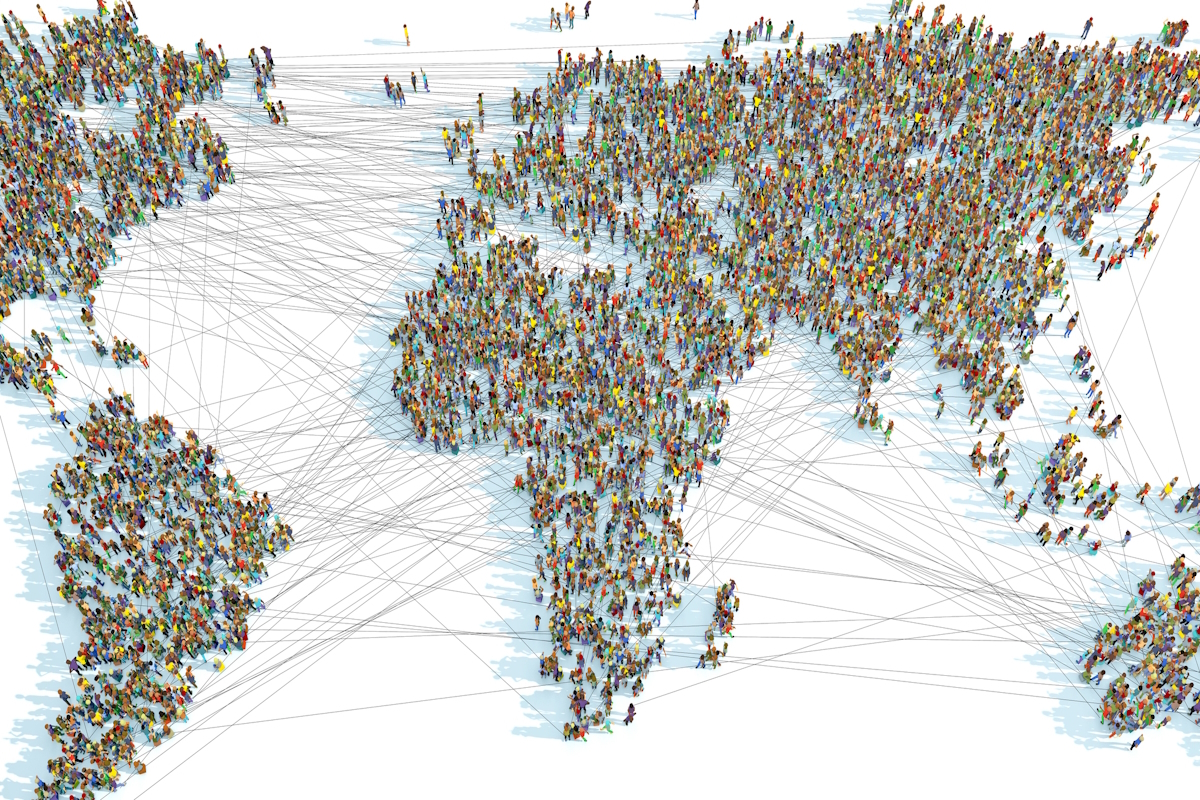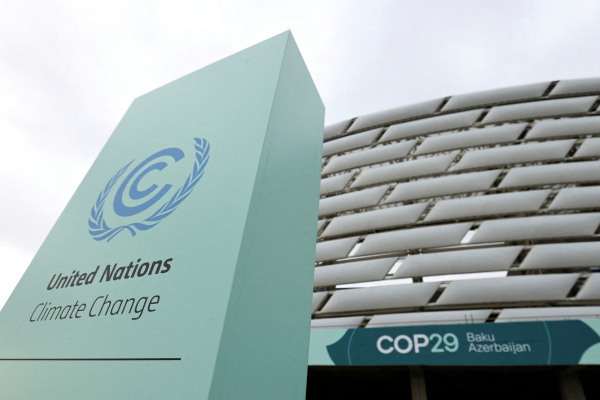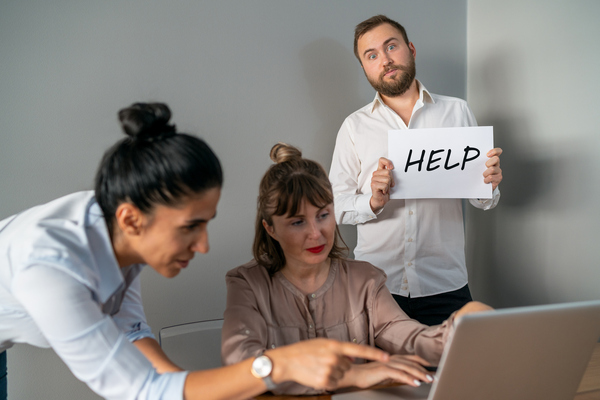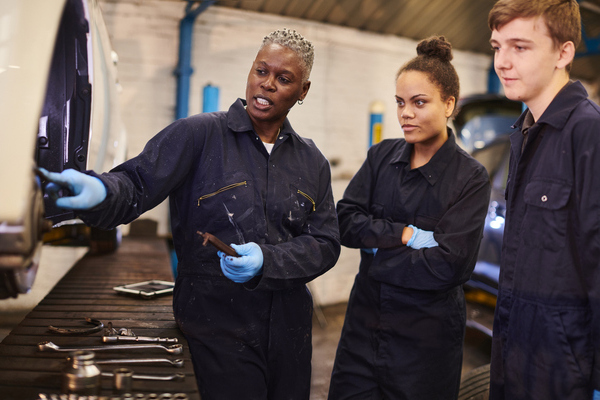Local thinking: global sustainability

Neema Pourian at Marks argues that thinking local is key for global sustainability efforts
Manufacturers of consumer packaged goods (FMCGs) tend to think about sustainability at a global level. It makes sense. It fits with their business model which is all about scale. But perhaps now is the time to think more at a local level.
Recent macro events, including geo-political tensions and economic pressures, have certainly highlighted the fragility of global supply chains. But when it comes to sustainability especially, one size really can’t fit all.
Tackling sustainability for FMCGs has moved on from addressing the harmful impact of production and materials alone. Today, making demonstrable improvements only comes when you also work with local market infrastructures and government policies. For example, the same materials can’t be recycled in all markets – just consider the difference between EU recycling rates and facilities versus those in the US or developing markets.
Equally, consumer behaviour around the world needs to be considered – where are people on their sustainability journey and attitudes? How can sustainability be made accessible not just to the wealthy and privileged? Developing the right communications approach and tone of voice needs to be mindful of those local nuances.
So how can businesses think more locally?
It starts by exploring the ‘S’ in CSR (corporate social responsibility) more actively. Social responsibility has a huge role to play. Empowering local communities to make a change on the ground for more immediate and impactful change is crucial.
Local engagement, not investment
To shift the sustainability mindset in this way, FMCGs should start working more closely with local teams, entrepreneurs and suppliers. They need to understand where they as a global brand or business can help amplify existing efforts or change behaviours for the better. Who within local communities has the power to make the most change? Or how can you champion minority or under-represented members of society and empower them?
Diageo’s Water of Life initiative, for example, is committed to improving water supply and sanitation in Africa. Over the years it has supported women’s enterprise in many ways, such as reducing time spent sourcing water.
But engaging locally is not just about investing in local programmes or ‘giving back’. It’s about engaging, being actively involved. The approach needs to be personalised and human. Starbucks Peru, for example, launched a new single-origin coffee sourced exclusively from a group of female farmers in the Junín region to positively impact the community. We need more of this bespoke, human-centered thinking.
Remember the UN’s SDGs
It’s always worth reminding ourselves of the breadth of action that’s required to support sustainable development. The UN’s Sustainable Development Goals range from ‘combatting poverty’ and supporting ‘health and wellbeing’ to encouraging ‘decent work and economic growth’ and ‘reducing inequalities’. ‘Climate action’ is one of 17 goals.
We know this, but it’s worth repeatedly highlighting these goals, as they offer a clear guide to the different ways you can support local communities. FMCGs could do so much more to move the needle on some of them – not just in ‘responsible production’. Working with the SDGs also allows you to identify where, as a brand owner, you can have most impact, and what makes sense for your business and overall brand purpose.
Diageo’s Water of Life, for example, focused on those countries most ‘off-track’ in meeting the goal on water.
Rethink innovation
Another core part of global FMCGs’ business model is innovation – using research and development to stay ahead of the competition. Many also have in-house incubators – why not use some of that innovation budget to explore new business models? Start focusing on reusable packaging models that reduce single use plastics; or on services and offers that are not as heavily reliant on physical goods being manufactured and sold.
It would provide a useful lens to explore local start-ups and organisations that are worth supporting and collaborating with. Sustainability isn’t just about manufacturing practices and supporting local suppliers. It can be about working with entrepreneurs, service providers and others on the ground who are already promoting sustainability. Alongside, global organisations also need to recognize the value in exploring smaller scale pilot tests to iterate and learn quicker.
Amazon’s Climate Pledge Fund, for example, is committed to supporting entrepreneurs and female-led companies in climate tech. It recently invested in Glacier, an AI and robotics company helping the recycling industry work towards a world without waste.
Reframe the definition of FMCG
This reframing is key. It challenges the industry to question the very definition of what an FMCG company is or can be. It unquestionably needs to move away from the antiquated and unsustainable idea of selling products in single use packaging towards the larger concept of providing services.
This break from the traditional framework can open more sustainable channels that solve consumer needs and expand the business without putting more products into the world. FMCGs should be exploring what they can do as a brand at local level, not focus on products that put the responsibility on the consumer to enact change.
They have the resources, so they need to start thinking differently – invest in people and communities, not just the products they’re making.They have the resources, so they need to start thinking differently if they want to make meaningful and impactful changes – and embrace the fact that that change might start at a smaller, more local scale.
Neema Pourian is Global Head of Engineering at Marks
Main image courtesy of iStockPhoto.com and Christoph Burgstedt

Business Reporter Team
Most Viewed
Winston House, 3rd Floor, Units 306-309, 2-4 Dollis Park, London, N3 1HF
23-29 Hendon Lane, London, N3 1RT
020 8349 4363
© 2024, Lyonsdown Limited. Business Reporter® is a registered trademark of Lyonsdown Ltd. VAT registration number: 830519543





